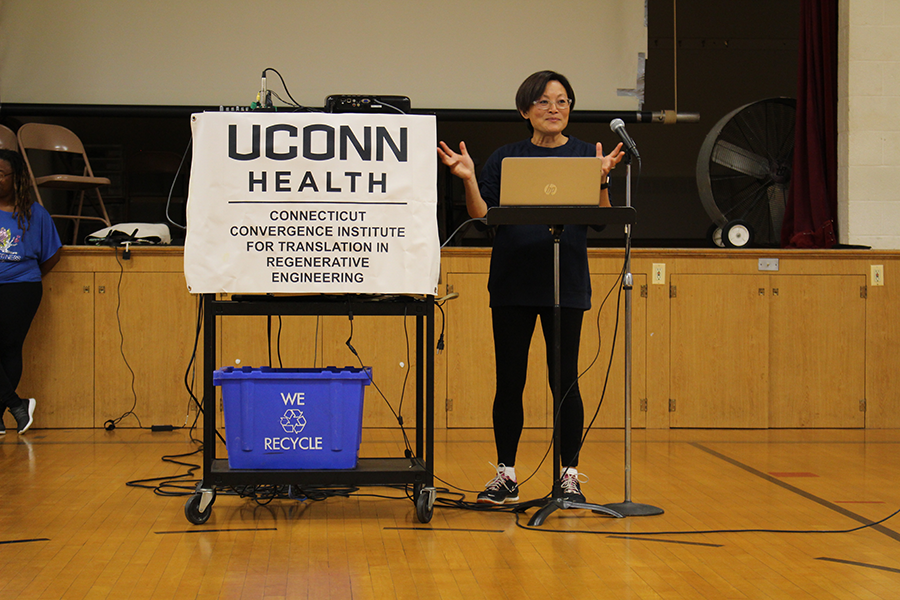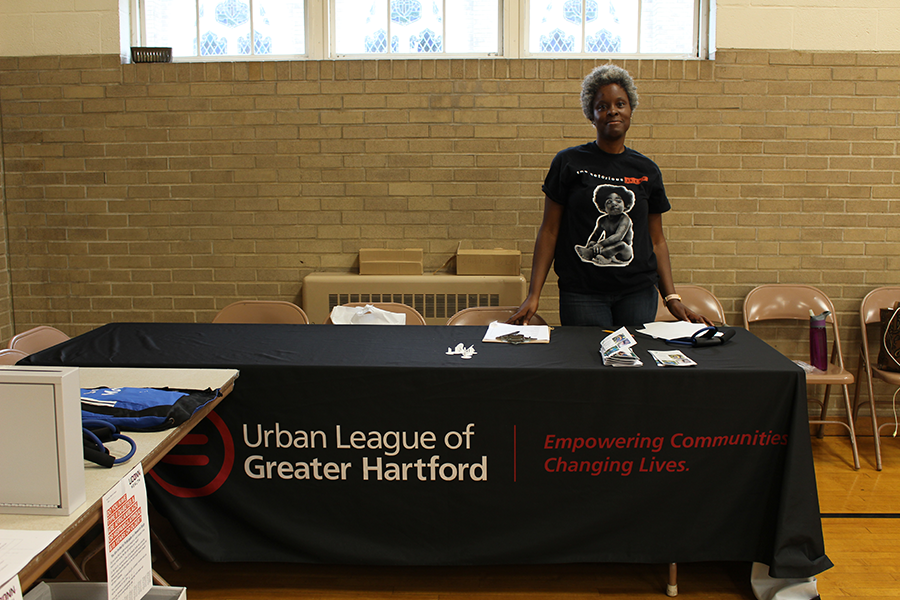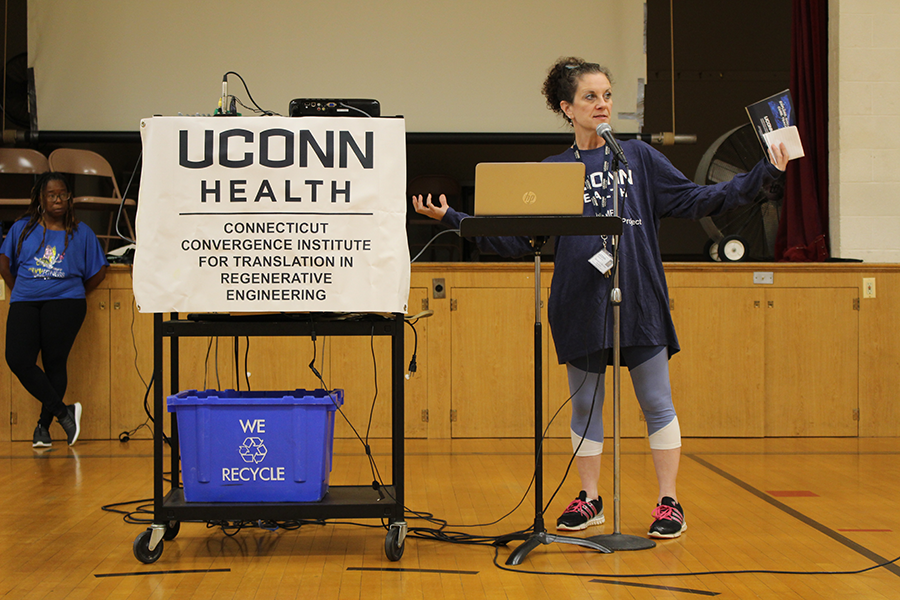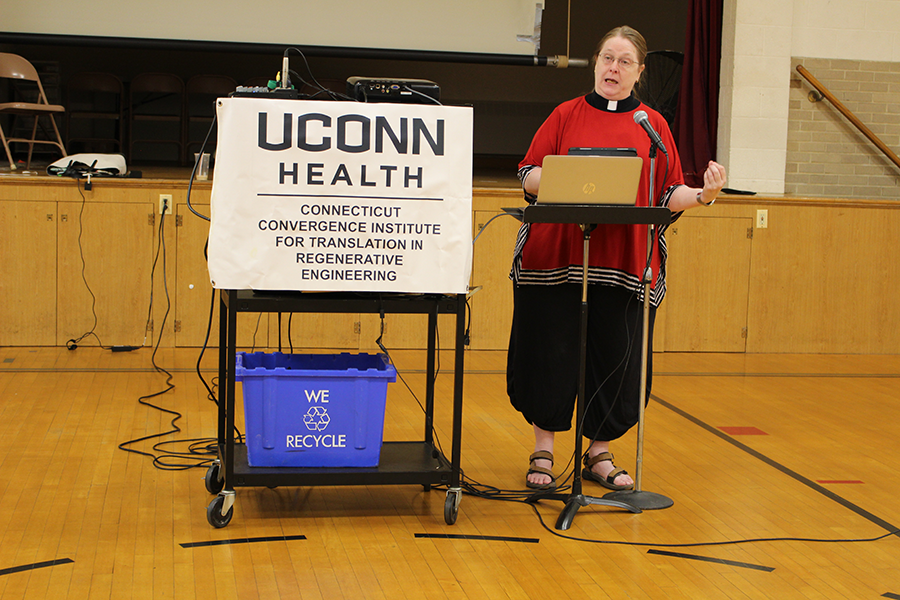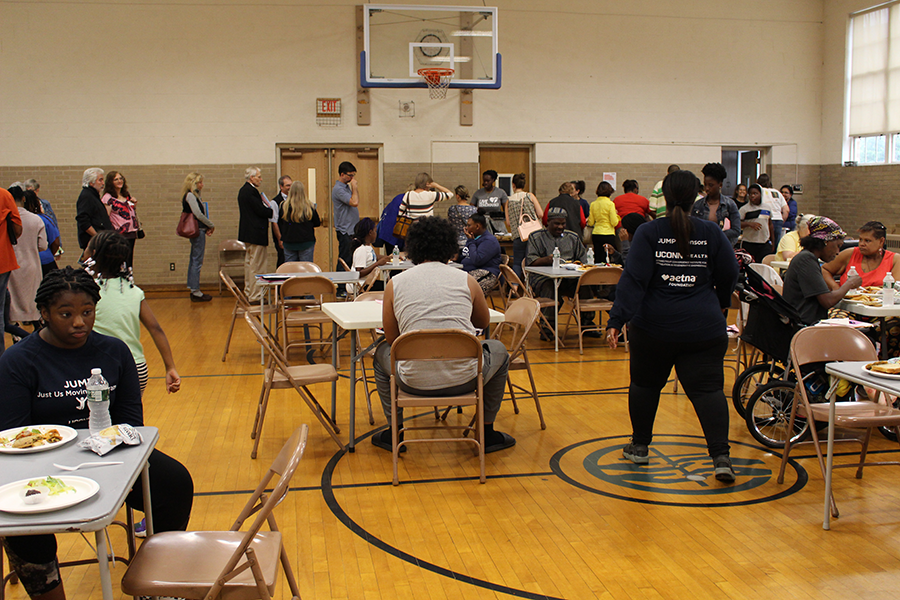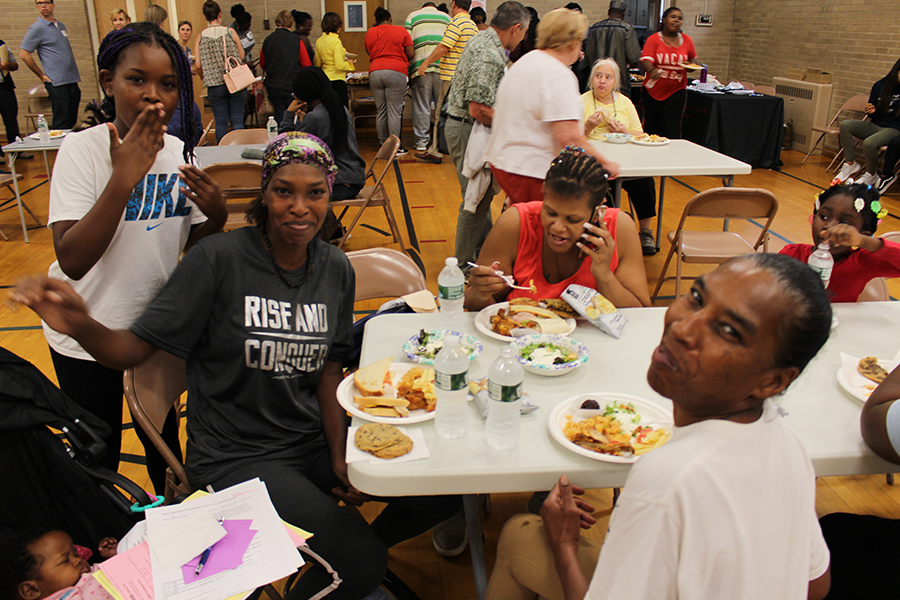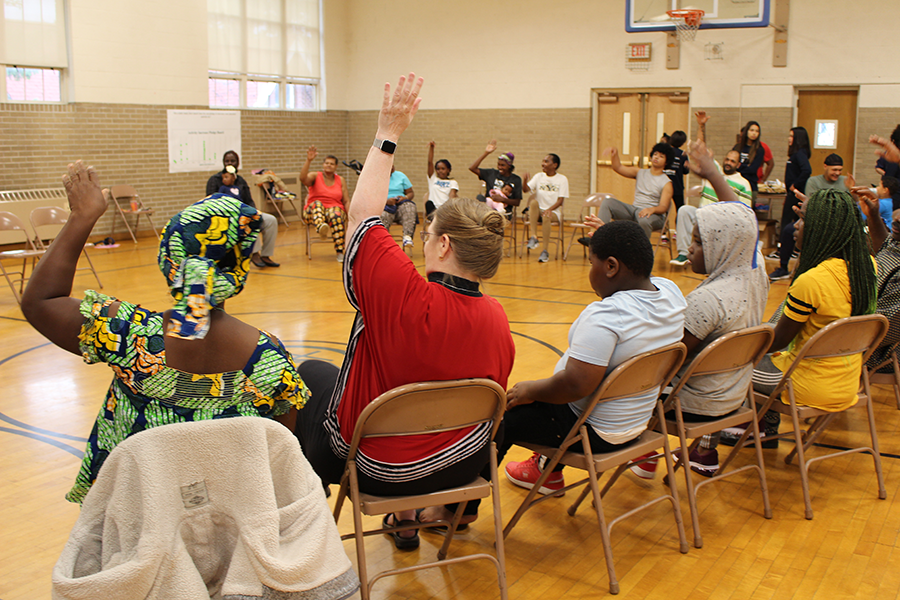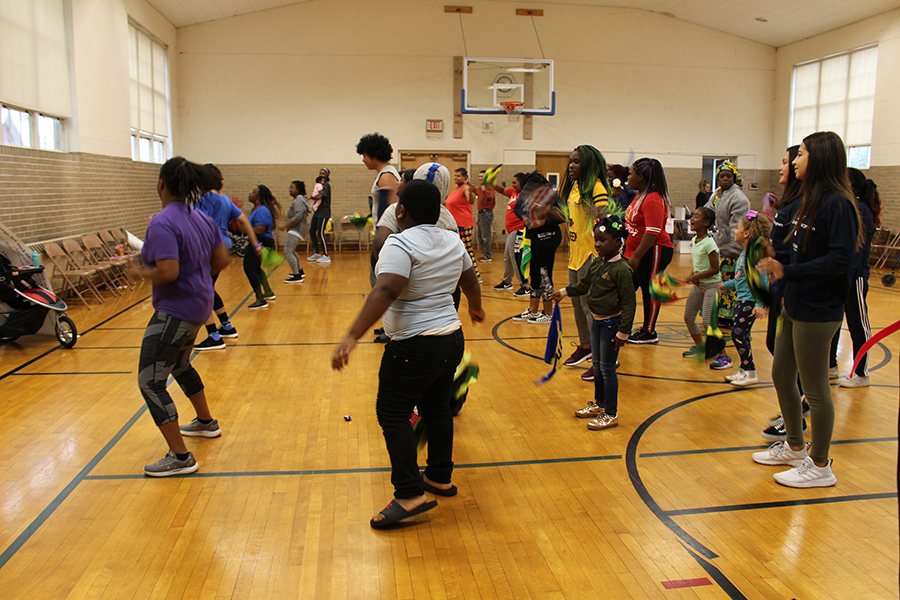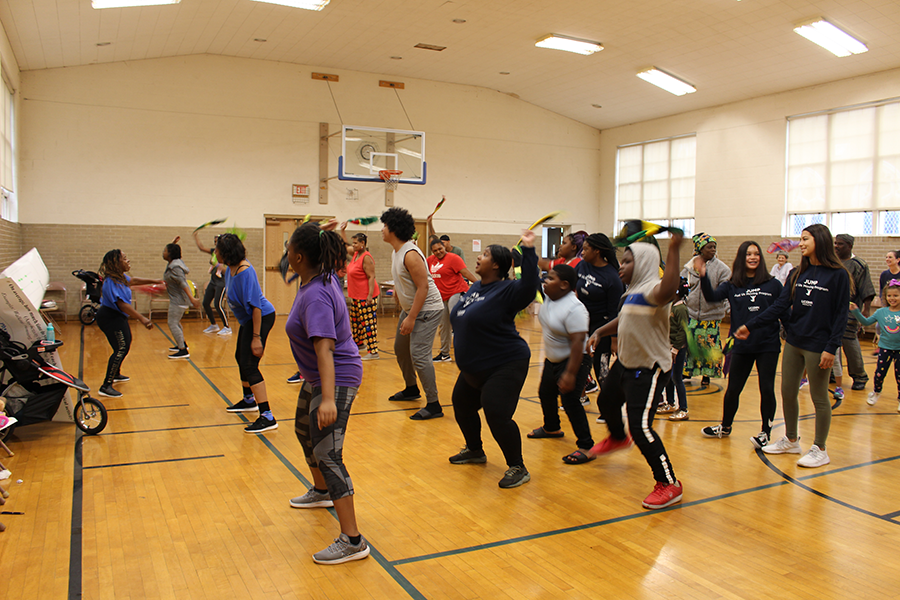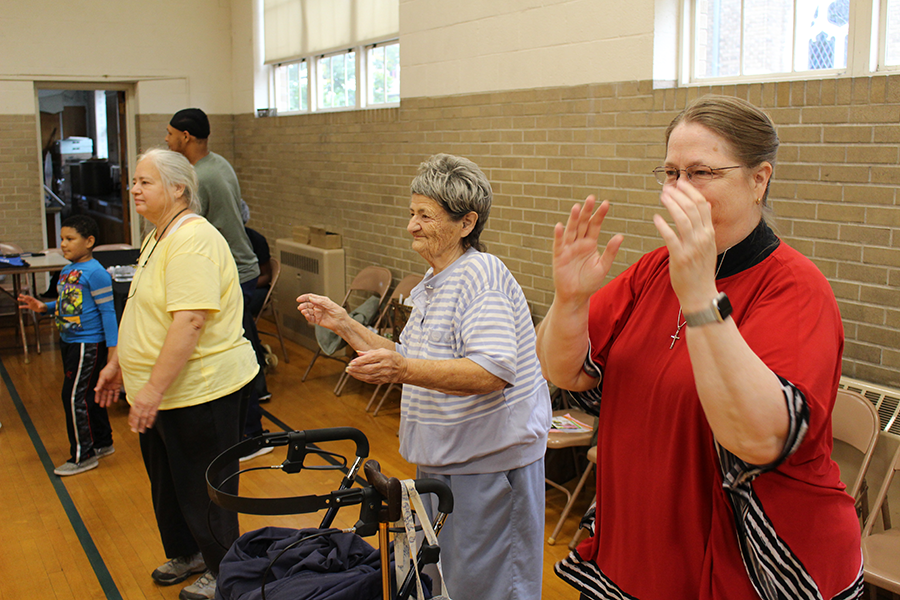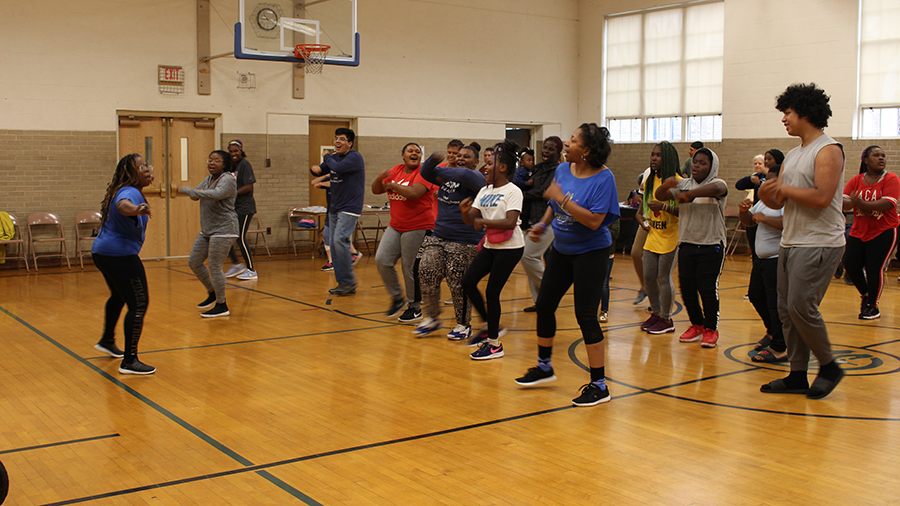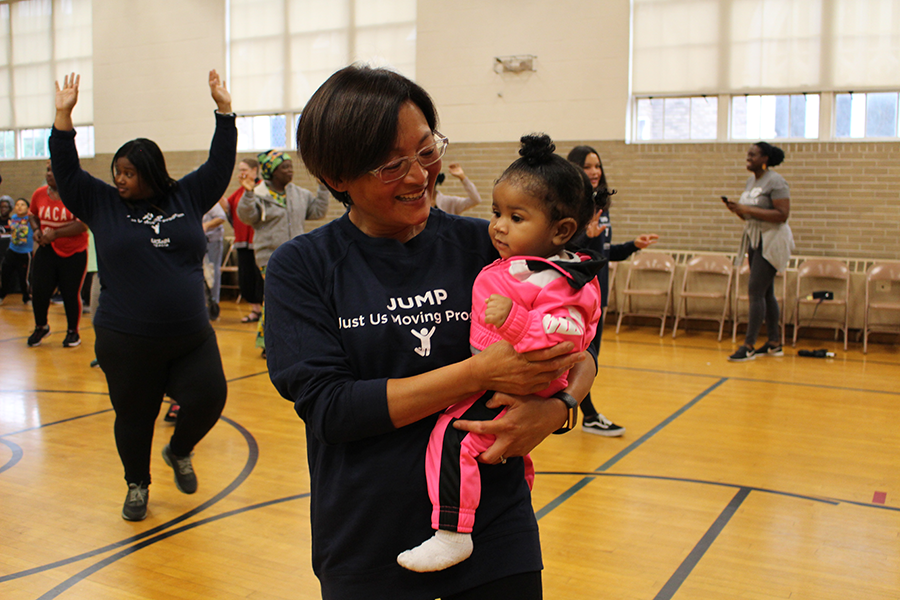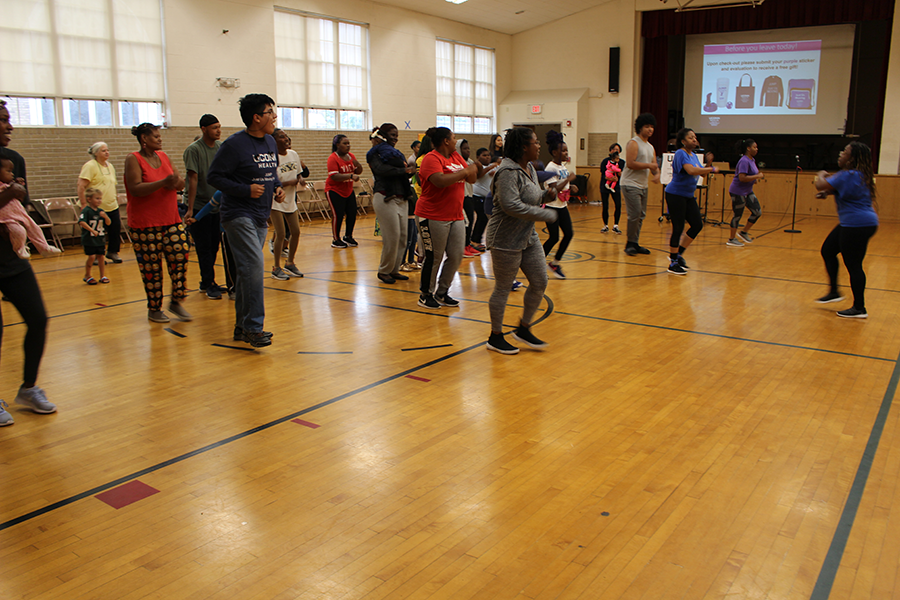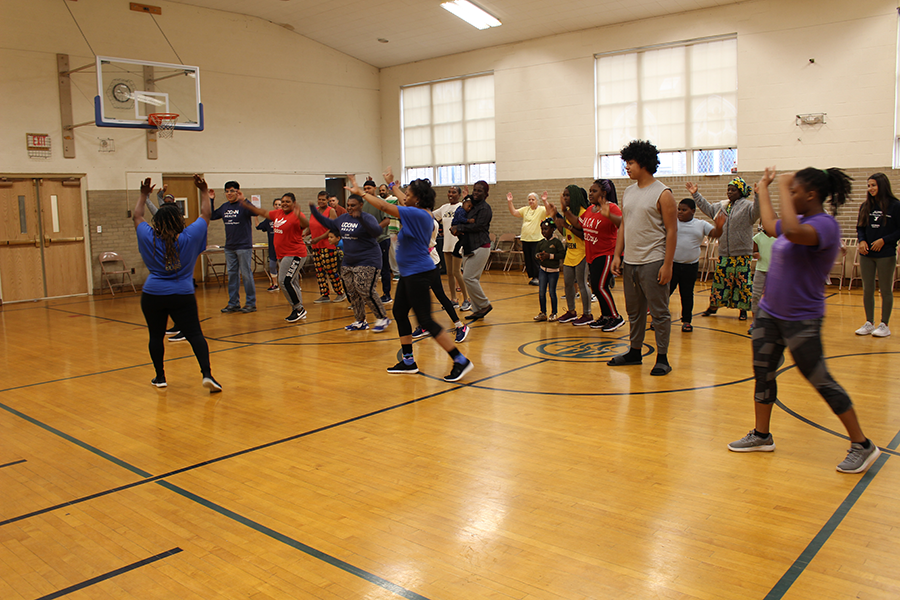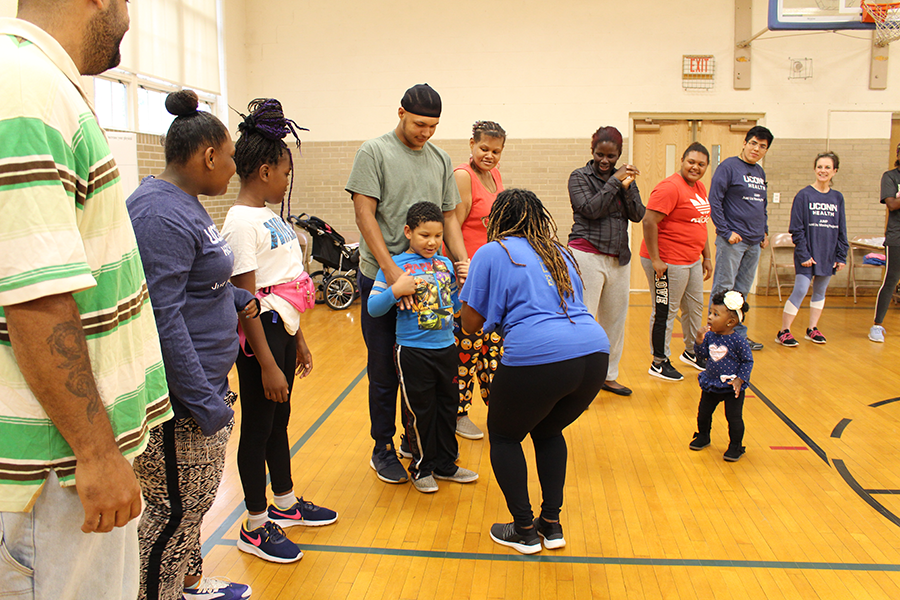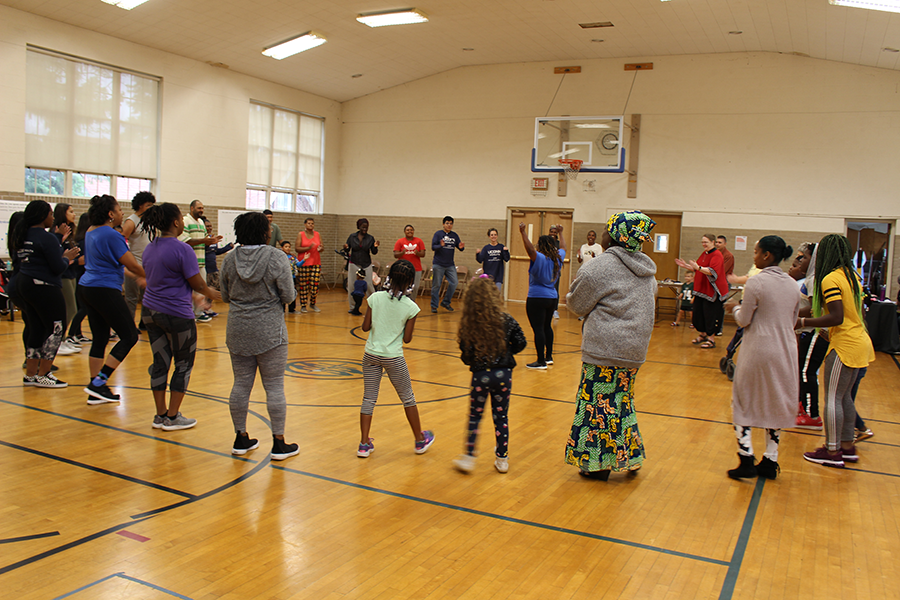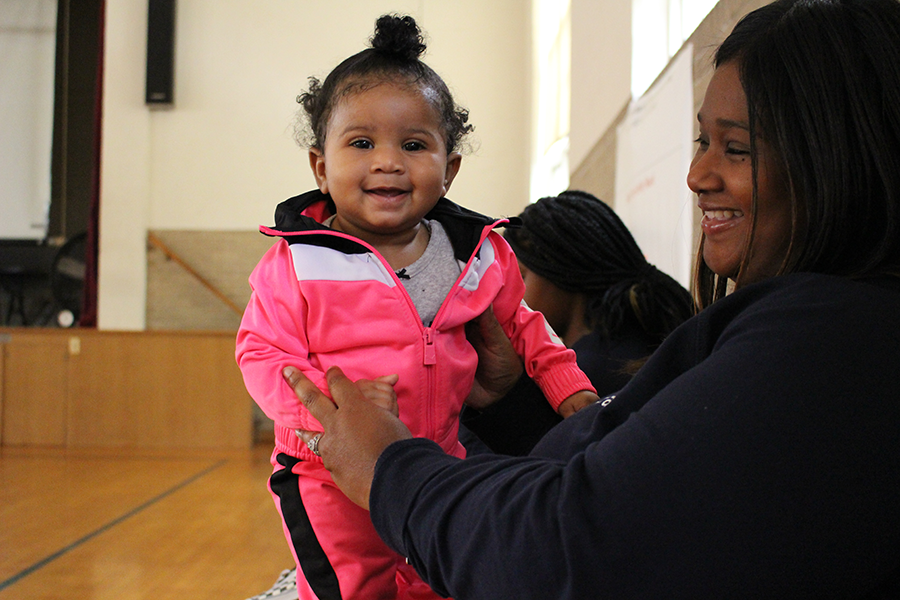Just Us Moving Program in the State of Connecticut
The goal of the Just Us Moving Project (JUMP) is to improve diabetes control by reducing the hemoglobin A1C levels of people in African/Black and Hispanic/Latino American communities by encouraging increased physical activity and targeted dietary changes. By promoting and tracking daily physical activities, the information learned in our study can help other African and Hispanic Americans who have diabetes.
You may be eligible if you:
- Are 18 years or older
- Have type 2 diabetes
- Are African American or Hispanic American
Your participation in this 12-week study is completely voluntary and you will be reimbursed for your time.
For more information please contact Megan Wing at
Email: wing@uchc.edu
Call: 860-679-5192
Study approved by UConn health IRB:19-206S-1
Principal Investigator: Cato Laurencin, MD, PhD
Department: Connecticut Convergence Institute for Translation in Regenerative Engineering
